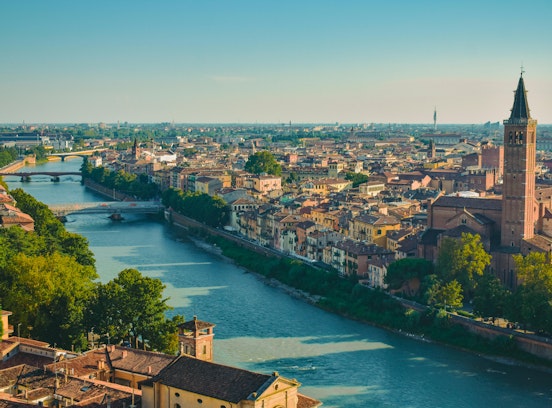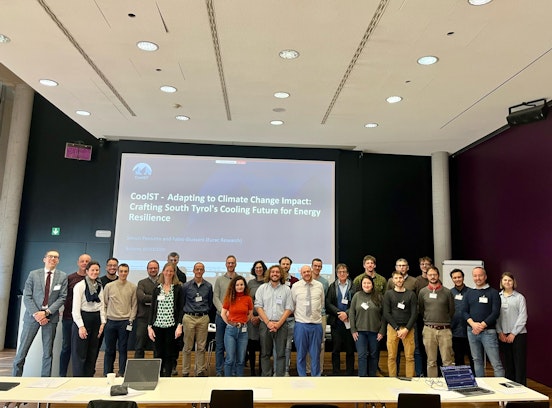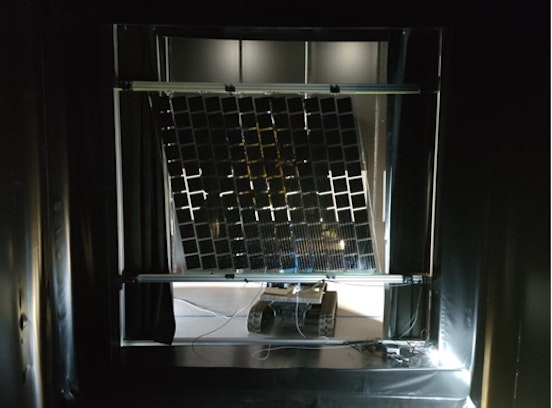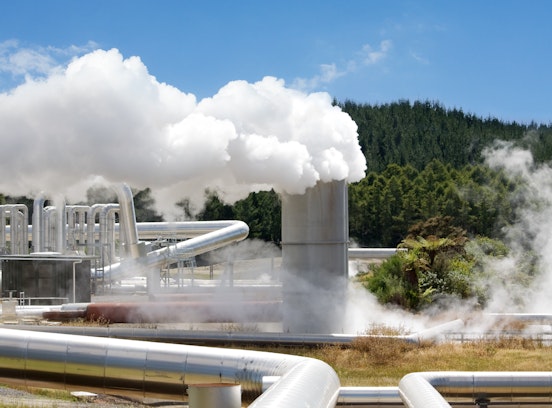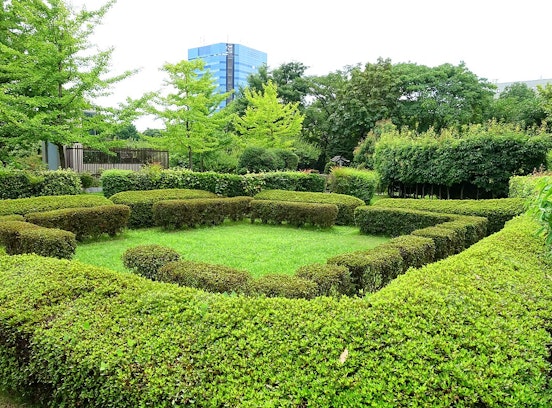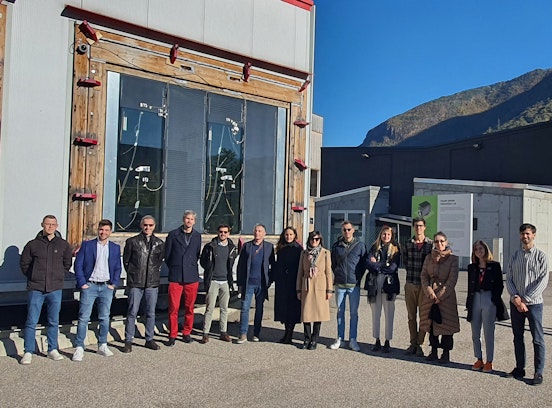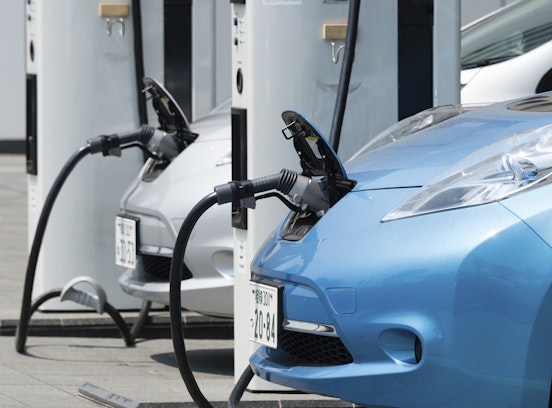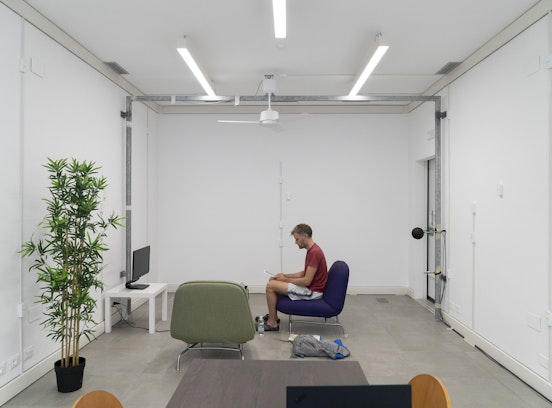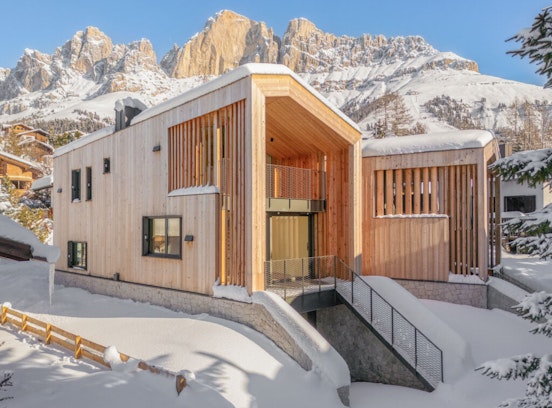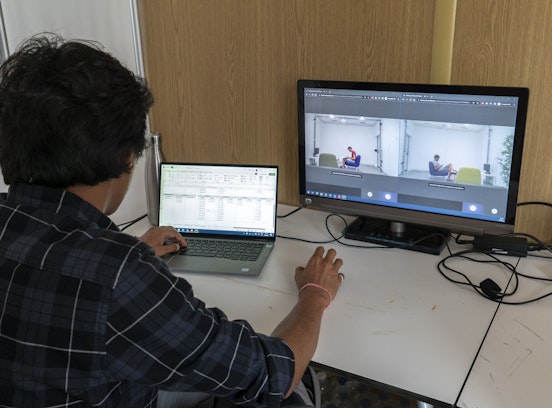Institute for Renewable Energy - News & Events - ClimaBZ: imagining the future of Bolzano
ClimaBZ: imagining the future of Bolzano
Participatory process to define actions to mitigate and adapt to climate change in Bolzano
Bolzano 2050: what do you see? How will you move around the city? What will the buildings where you live be like? Will there be a park near your home?
These are the questions that 30 citizens and 12 stakeholders participating in the Citizens' Assembly and Stakeholder Forum of the ClimaBZ project are trying to answer.
The project, carried out with the Municipality of Bolzano, is a participatory process aimed at updating the SECAP (Sustainable Energy and Climate Action Plan), proposing concrete actions to reduce emissions, mitigate, and adapt to climate change.
The participants meet with experts who will present the city’s climate-related issues, mitigation strategies, and emission reduction plans. During working groups, participants translate these strategies into actionable steps to achieve a shared future vision.
We are now at the third of five planned meetings. The first meeting introduced climate change, its causes, and its effects worldwide, especially in South Tyrol and Bolzano, with a presentation by Marc Zebisch, director of the Center for Climate Change and Transformation at Eurac Research. This was followed by an overview of the SECAP presented by Emanuele Sascor, head of the Civil Protection, Geology, and Energy Office.
The second meeting kicked off the working groups, following an introduction by Brunella Franchini from the Mobility Office of the Municipality of Bolzano, and Giuseppe Rotondo, researcher at Eurac Research’s Institute for Renewable Energy, who presented the current state of transportation, its role in CO2 emissions, and solutions for decarbonizing the mobility system.
The third meeting focused on buildings and energy consumption. Emanuele Sascor highlighted the municipality's commitment to mitigating climate change in this sector, while Roberto Lollini, head of the Energy Efficient Buildings research group at Eurac Research’s Institute for Renewable Energy, discussed the main goals for buildings, smart buildings, and retrofitting, along with the latest European directives.
The group discussions envisioned a greener, quieter future city, with flexible, self-sufficient buildings where different social groups share spaces and uses evolve over time based on needs.
The workshops follow the backcasting model, which involves starting with a future vision to determine present-day actions. The proposals will be analysed, discussed during the project, and eventually presented to the municipality.
Not only the assembly participants can contribute to updating the SECAP: citizens can submit ideas and suggestions on reducing emissions and adapting to climate change via an open portal. Here’s the link to participate: https://it.eu.surveymonkey.com/r/LYJVS5C
